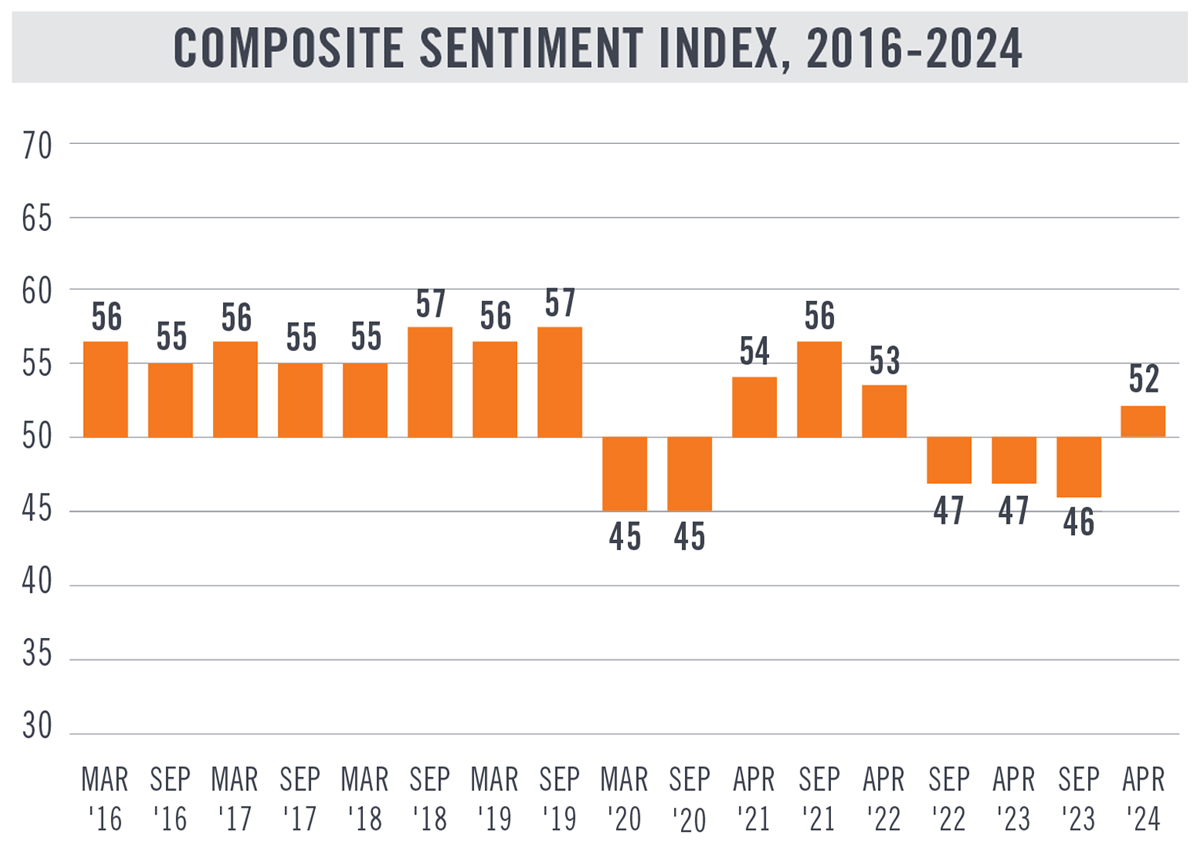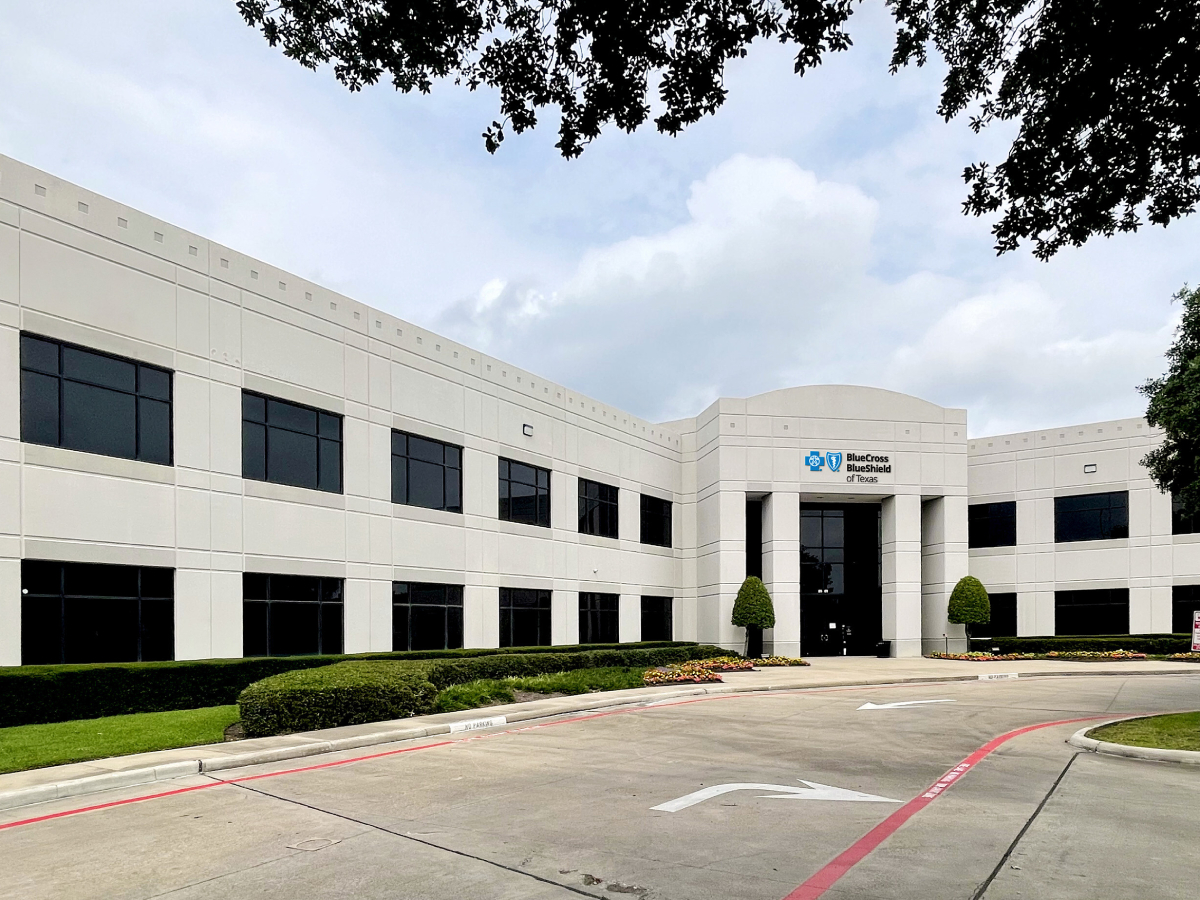Top REIT Risks in 2015
By Stuart Eisenberg, Partner & RE Practice Leader, BDO USA L.L.P: What are BDO's findings in its RiskFactor Report for REITs?
By Stuart Eisenberg, Partner & RE Practice Leader, BDO USA L.L.P
Low-interest rates have contributed to the prosperity of the REIT industry in recent years, therefore, it is not surprising that risks related to interest rates and hedging sat atop the pack in this year’s BDO RiskFactor Report for REITs, an annual study that ranks and analyzes the risk factors cited in the most recent SEC 10-K filings for the 100 largest publicly traded REITs in the U.S.
These findings signal that the rally experienced by REITs could be curtailed. Interest rates and hedging were mentioned by nearly all REITs (97 percent).The year-over-year increase, up from 90 percent a year ago and 88 percent in 2013, could be attributed to the anticipated interest-rate hikes that the Federal Reserve may initiate this year.
Should rates increase, the industry’s access to capital could be impacted, which could stymie growth moving forward. Though strong economic fundamentals could sustain the industry’s expansion, REITs appear to be worried about the longevity of the economy’s mini-resurgence. General economic conditions and financial disruption were cited by 100 percent of REITs for the third year running. Likewise, access to capital, financing and liquidity grew as a risk this year. Ninety-nine percent mentioned one or more of these risks, up from 94 percent a year ago.
Moreover, low rates and high demand have stimulated M&A activity in the industry. The recent boom has encouraged REITs to work aggressively to grow their portfolios, which could explain why 97 percent of REITs cite risks associated with mergers and acquisitions, joint ventures and partnerships in the report, up from 85 last year. Additionally, acquiring or partnering with other companies in joint ventures is becoming a more competitive process.
However, when it comes to expanding portfolios, high demand and a relative lack of quality real estate have pushed REITs to innovate. Ninety-eight percent of REITs mentioned increased competition for prime assets, which could be driving increased interest in secondary and tertiary markets nationwide. Whether REITs are sticking with primary markets or exploring new turf, they’re often structuring deals and acquiring additional properties in new and innovative ways.
In the wake of recent high-profile breaches, cybersecurity is top of mind. This year, 89 percent of REITs mentioned concerns around security breaches, up from 63 percent last year. Should a cyber attack occur, not only is confidential information at stake, but a REIT’s reputation can also take a hit. Remedial actions in the wake of a breach, including monetary and legal action, can carry significant costs. In fact, legal proceedings and litigation were mentioned by 73 percent of REITs, up from 40 percent in 2014.
REITs also appear to be rattled by threats of terrorism, civil unrest, climate change and natural disasters. This year, 90 percent of REITs noted one or more of these risks, up from 85 percent in 2014. The increase could be explained by an increase in natural disasters and extreme weather, some of which could be linked to climate change concerns. Additionally, threats of terror events at malls or other major targets in gateway markets remain on the mind of REITs as they look to invest in new properties and build portfolios.
Such disruptions can have far-reaching consequences – they have the potential to stifle demand, lower land value and slow development projects. Unanticipated disruptions could be contributing to REITs’ worries around inadequate insurance, with 95 percent mentioning the risk, up from 87 percent last year.
To view more findings and read the full report, visit https://www.bdo.com/news/2015-may/reit-rally-could-be-cut-short-reveals-bdo-study.







You must be logged in to post a comment.